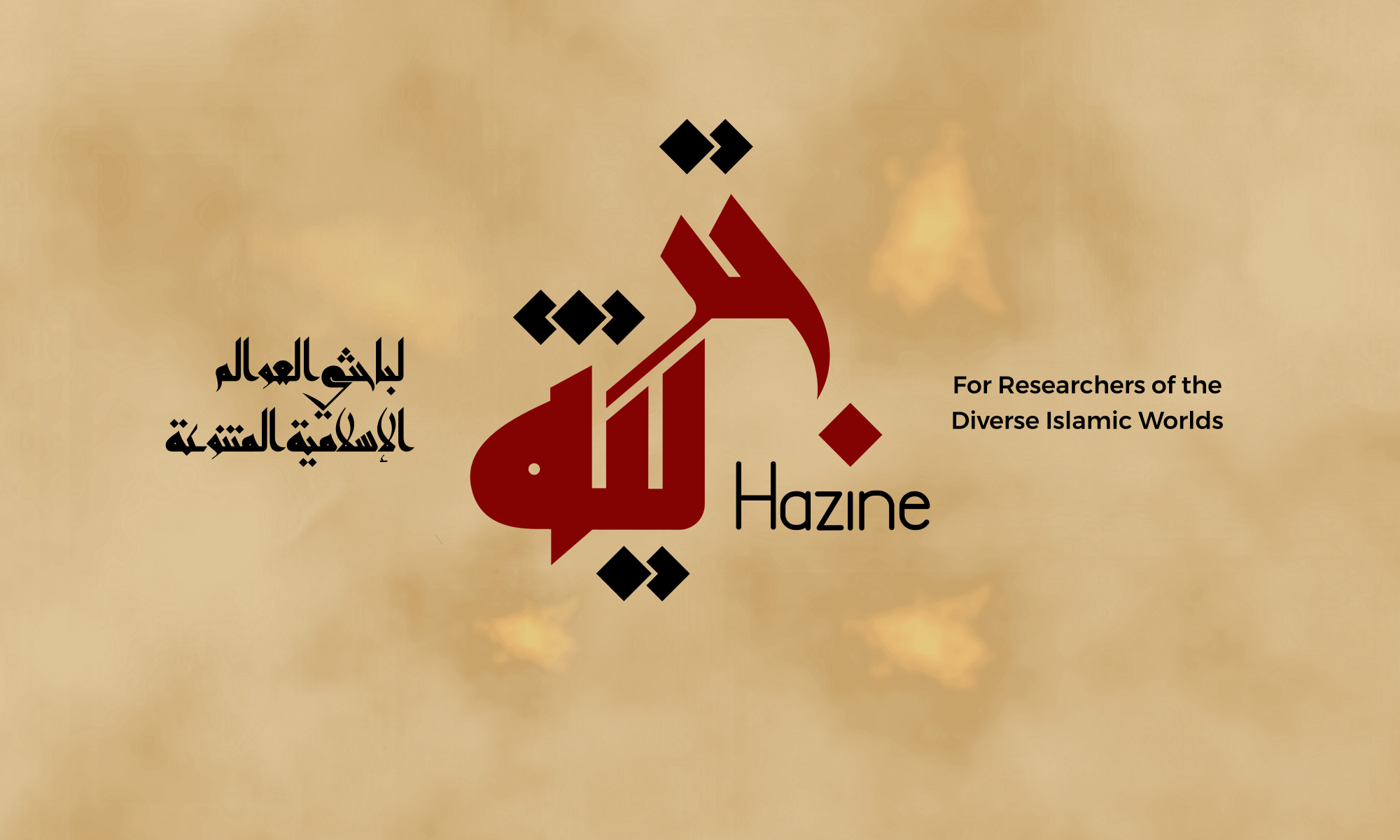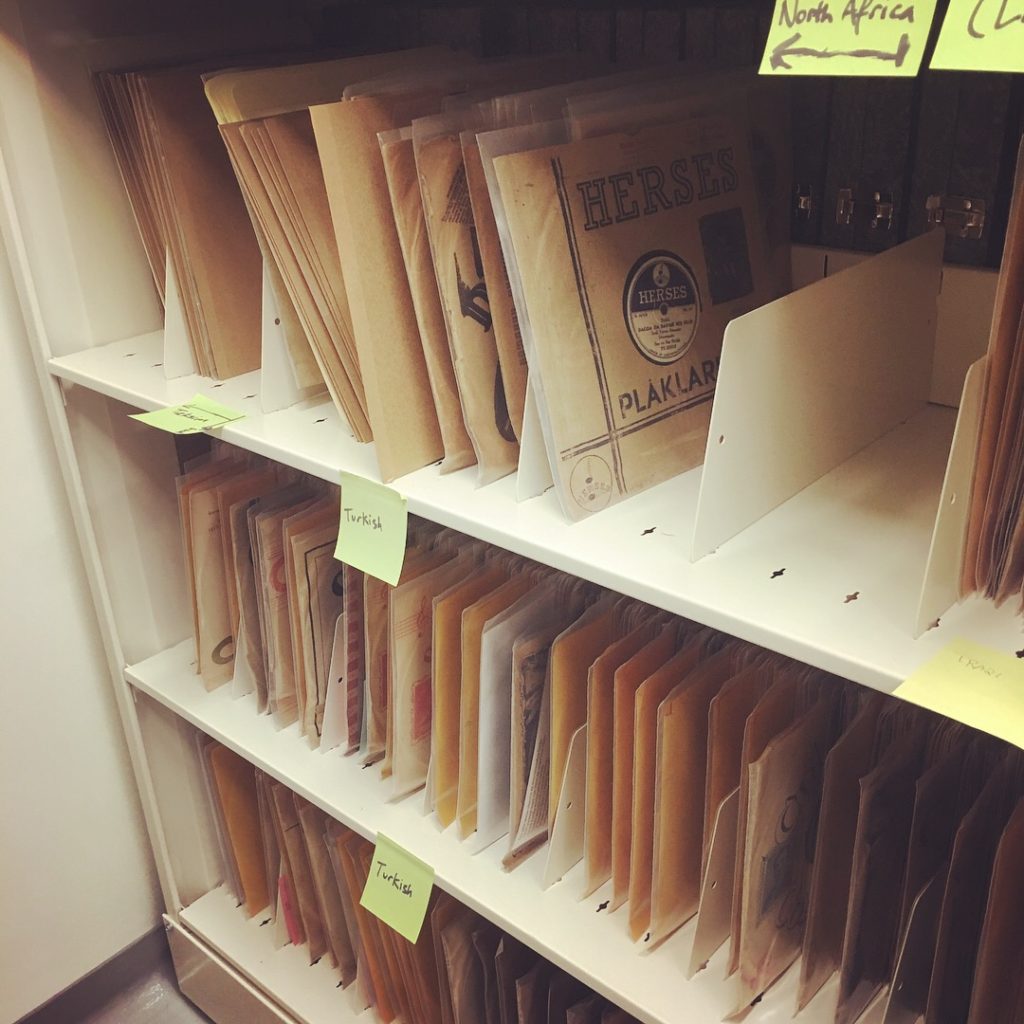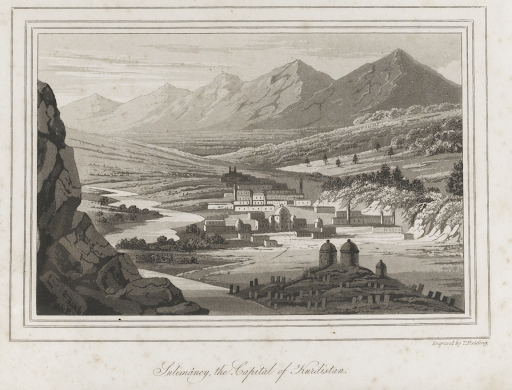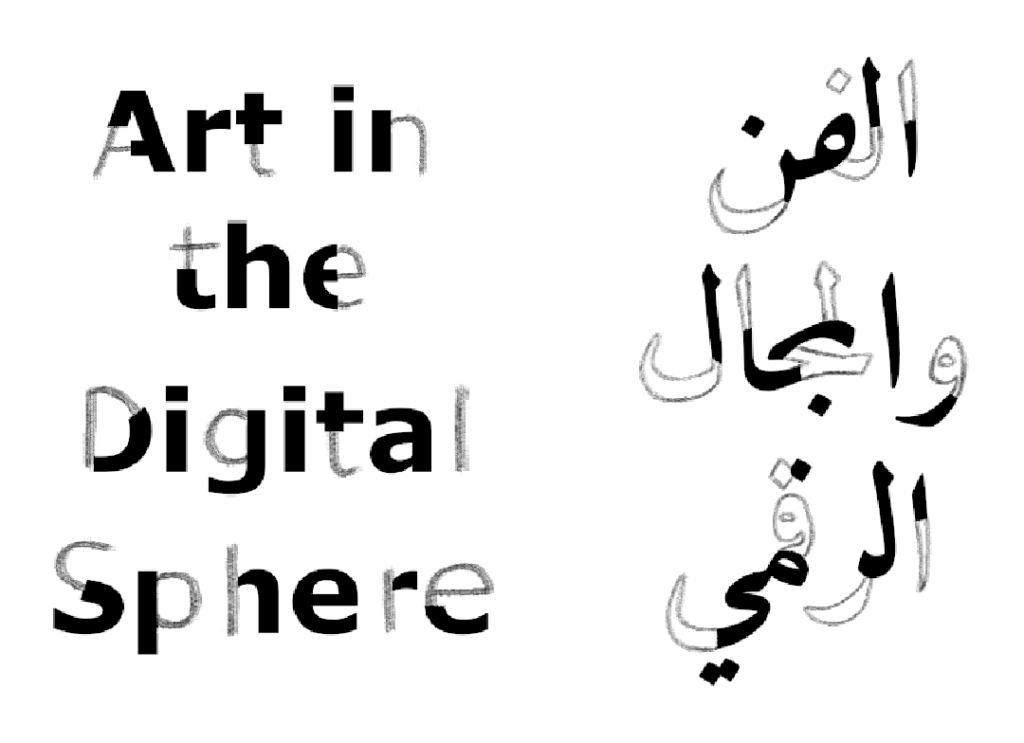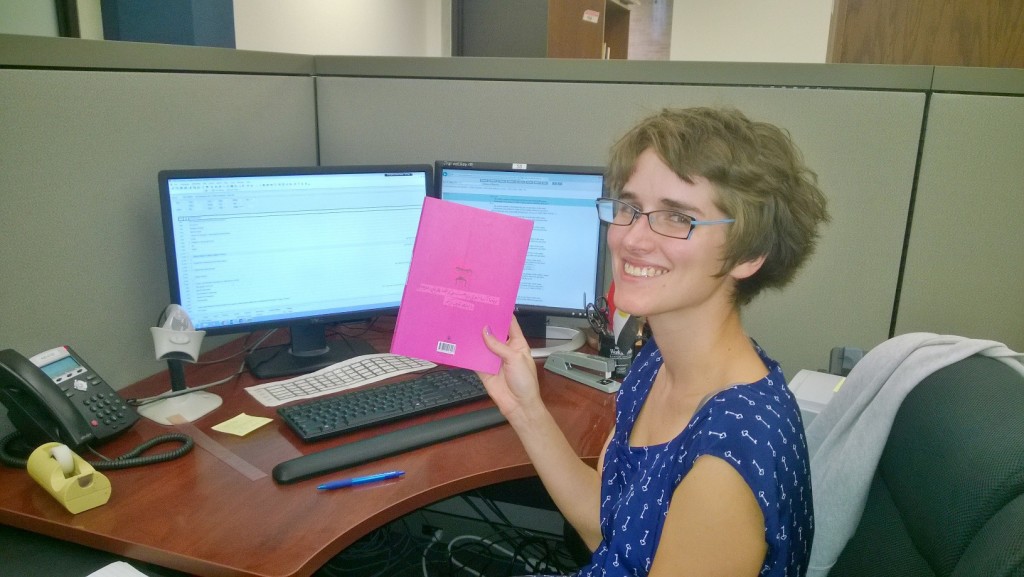See below for Arabic.
How do you employ open access technologies in building community archives? What principles do you take to consideration when building accessible resources for communities, including for those with disabilities? Hazine is seeking 4 pieces on the open access movement concerning archives and resources from or pertaining to the Mashriq, Maghreb, East Africa, West Africa, Southern Africa, South Asia, Southeast Asia, Turkey, or Iran. If you’re a researcher, an archivist, a librarian, an artist, an editor or any other interested party, tell us how open access policies have affected you and your work. What technologies have you used to build open access materials? What is the role of social media in the open access movement? What are the limitations of open access?
Send pitches to hazineblog[at]gmail.com by May 15th, 2021. Pitches should be no longer than 300 words and should be accompanied by a few sentences telling us who you are, along with links to any published writing (if applicable). Pitches (and pieces) are accepted in English and Arabic. We are open to different forms of style as we expand this category of the site but do have a look at the essays we’ve run previously, like this one on typography, this one on pedagogy in museums, and this one on archivy, because they demonstrate what we’re really looking for: a strong point of view. Completed essays –if accepted– will be 2000 words or less; however, we are open to other creative formats. Each pitch will receive a response; if you do not hear within a month, please reach out to us via email. Each piece is paid 100 USD upon publication.
Please note: we are not accepting archive reviews of open-access digital collections as part of this series.
كيف تبني المصادر المفتوحة وما هي المبادئ الأساسية لبناء هذه المصادر؟ تسعى خزينة لنشر من 3-4 مقالات عن حركة المصدر المفتوح ومبادئها في المشرق والمغرب وشرق أفريقيا وغرب أفريقيا وأفريقيا الجنوبية وآسيا الجنوبية وجنوب شرق آسيا وتركيا وإيران. إذا كنت أمين أرشيف أو أمين مكتبة أو مؤرخاً أو فنانًا أخبرنا عن المصادر المفتوحة وكيف أثّرت على عملك. هل قمت ببناء أرشيف اجتماعي مفتوح المصدر؟ ما هي التقنيات التي قمت باستخدامها؟ هل تلعب وسائل التواصل الاجتماعي دور في انتشار هذه المصادر بعد نشرها على الإنترنت؟ هل يوجد حواجز أمام حركة المصدر المفتوح؟
قم بإرسال نبذة عن المقال الذي تريد أن تكتبه إلى البريد الإلكتروني hazineblog[at]gmail.com يوم 15 مايو (أيار) 2021 كحد أقصى. يجب ألا تكون النبذة أكثر من 300 كلمة وترافقها بعض السطور عن الكاتب. تقبل خزينة النبذ والمقالات باللغة العربية والإنجليزية، وترحّب بأساليب الكتابة المختلفة. نقوم الآن بتوسيع الجزء الخاص بكتابة المقالات على الموقع ويمكنك إلقاء نظرة على هذا المقال عن تصميم الخطوط الطباعية وهذا المقال عن الأرشفة لأنهم يُظهروا السمة التي نبحث عنها في الكتابة: وجهة نظر قوية. بالإضافة إلى ذلك، خزينة تقبل القصص المصورة. إذا تم قبول مقالك، يجب أن يكون 2000 كلمة أو أقل، وهناك مرونة في موعد تسليمه. سيتم دفع الكاتب 100 دولار أمريكي عند النشر. سنقوم بالرد على كل نبذة وإذا لم يصلك رد خلال شهر من يوم 15 مايو (أيار)، الرجاء الإرسال لنا مرة أخرى.
ملحوظة: لن نقبل ملخصات أو مراجعات للمصادر المفتوحة ضمن هذه الدعوة.
